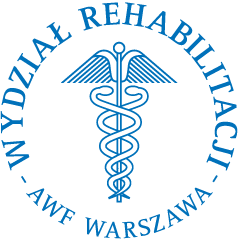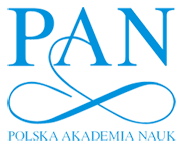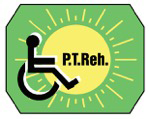


|
Current issue
Archive
Manuscripts accepted
About the journal
Editorial board
Reviewers
Abstracting and indexing
Contact
Instructions for authors
Publication charge
Ethical standards and procedures
Editorial System
Submit your Manuscript
|
4/2022
vol. 36 abstract:
Original article
Cognitive-physical-functional correlates in chronic brain injury: a pilot study
Asha K Vas
1
,
Stephen Spees
1
,
Wanyi Wang
1
,
Keatyn Chambers
2
Advances in Rehabilitation, 2022, 36(4), 33–39
Online publish date: 2022/12/19
View
full text
Get citation
ENW EndNote
BIB JabRef, Mendeley
RIS Papers, Reference Manager, RefWorks, Zotero
AMA
APA
Chicago
Harvard
MLA
Vancouver
Introduction
Functional challenges persist even in chronic stages of recovery following a brain injury. Integrating multiple domains as part of therapy may improve global outcomes. The purpose of this study is to investigate the relationships among cognitive, physical and functional domains in adults with chronic brain injury. Material and methods Seventeen community-dwelling brain injury survivors (Stroke n = 8, TBI n = 9) between ages 20-60, in chronic stages of recovery, participated in the study. Cognition, including attention, memory, and executive functioning were examined on select measures of Woodcock-Johnson tests; physical abilities were tested on muscle strength, gait and balance; functionality was measured on self-reported questionnaires of community-integration, activities of daily living (ADLs), and satisfaction with life Results Spearman’s nonparametric correlational analyses examined the relationships between cognitive, physical and functional domains. Positive correlations were found between physical domains of balance, mobility and cognitive domains of visual-auditory learning (r = .90, p = .037) and functional domains scores on Satisfaction with Life measure (r = .671, p = .048). Similarly, productivity subscale of Community Integration measure was significantly associated with cognitive domain of concept formation (r = .676, p = .032). Higher scores on productivity subscale was moderately related to higher memory scores (r = .588) and fluency (r = .531). Conclusions Interplay between physical, cognitive, and functional domains could be exploited in chronic stages of recovery following a brain injury. Engagement of one domain to help improve another domain could enhance rehabilitation outcomes. More research is needed to explore the feasibility and benefits of integrative therapies. keywords:
ADL, balance, brain injury, daily function, satisfaction with life |
    |